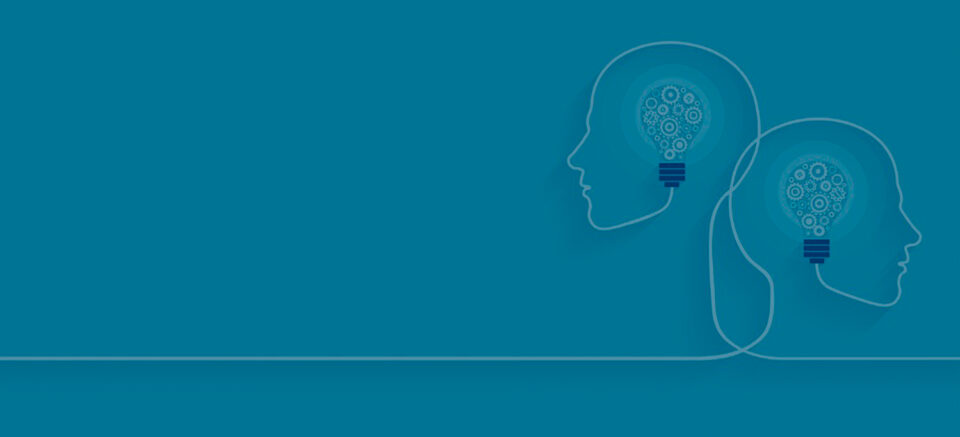
Robot Coder
Malini Sharma spent the summer applying her knowledge of neuroscience and computer science to code a robot’s brain.

Unravel the intricacies of the mind
At Macalester, cognitive scientists work with natural and artificial intelligence systems to solve problems and create a better world.
Macalester’s innovative cognitive science concentration not only draws from the traditional departments, such as computer science, linguistics, psychology, and philosophy, but expands our view of cognitive science to include economics and English. This gives students a more humanistic perspective than other schools. For example, in an interdisciplinary English course, students read science fiction to examine the nature of human cognition. Our interdisciplinary approach means that students engage deeply with the subject matter and apply a variety of frameworks to their studies. The broader our view of cognitive science, the better we can understand how the mind works.
Study cognitive science at Macalester and you’ll explore questions like:
Our courses prioritize hands-on activities such as programming robots, designing and running experiments with human participants, and trips to local research institutions, rather than lectures. Through these activities, students develop skills in statistical techniques, research methods, and data science.
Understanding how intelligent systems learn, behave, and think is at the heart of countless fields.
Access to the University of Minnesota’s top research labs
Number of internship sites within 8 miles of campus, including research institutions
Access to alumni in the Twin Cities who can help you plan your future